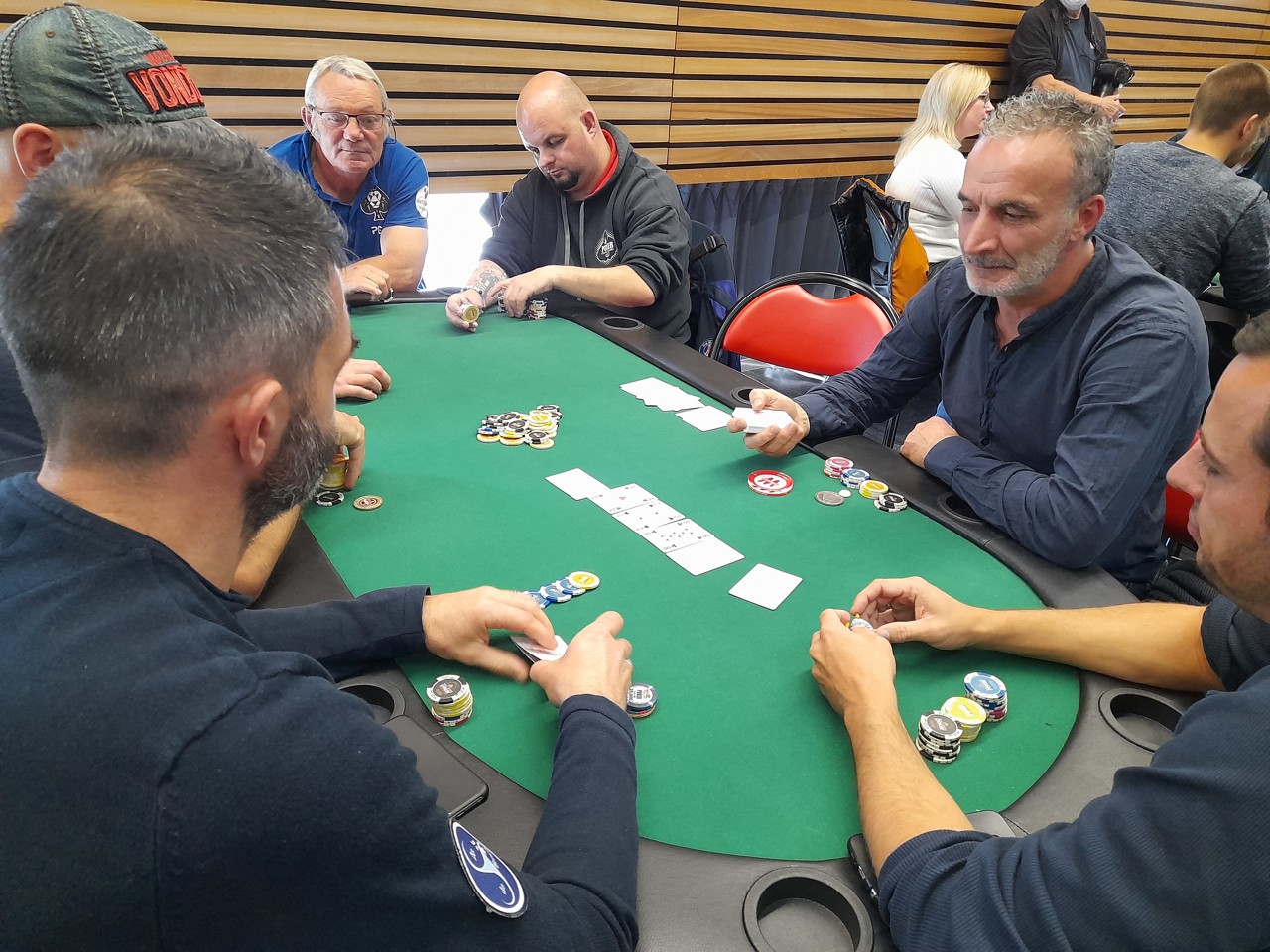
In poker, the goal is to win as many chips as possible from other players by bluffing or playing strong hands. The game has several betting streets and each bet is designed to achieve a specific goal. While luck and chance play a large role in the outcome of any particular hand, a player’s long-term winning expectation is determined by their actions selected on the basis of probability, psychology, and game theory.
Before you start to learn how to play poker, you should familiarize yourself with the basic rules. Then, you can move on to more complex strategies and techniques. Many of the world’s best poker players started by learning the basics and then playing the game with friends. Online poker offers a convenient way to get a feel for the game and learn the rules.
Each betting interval, or round, begins when a player voluntarily puts a number of chips into the pot. Then, each player to their left must call that bet by putting in the same amount of chips or raise it by putting in more than the previous player did. Players may also drop, which means they don’t put any chips into the pot and forfeit their position for the next deal.
If you don’t have a good hand when the betting starts, it’s usually a good idea to fold. This can save you a lot of money. However, sometimes a high-quality bluff can get you far in poker, even if you have a bad starting hand.
During a hand of poker, all the players at the table receive two cards each. The cards are placed face down on the table and then the other players begin to place bets. Then, the players with the strongest poker hands reveal their cards. The person with the highest-ranking poker hand is declared the winner and wins the pot.
The best poker players are strategic and think about their opponents before making any moves. They know the odds of their hand being strong enough to win and they also know how to read other players’ faces. This allows them to make educated guesses about what kind of poker hand their opponents might be holding when they place bets.
A solid poker strategy includes knowing which hands to play and which to fold. For example, you should avoid playing a hand that has the lowest odds of winning, such as a pair of low cards paired with another low card. A better strategy would be to play a high-card poker hand such as a straight or a full house, which are made up of five consecutive cards of the same rank. This will force your opponent to put more money into the pot when they have a weaker poker hand. Also, it is a good idea to bet at your strong poker hands often in order to make the other players believe that you have a winning poker hand.